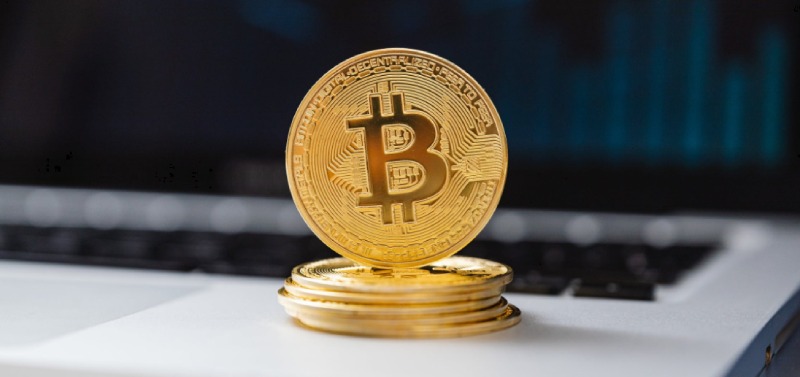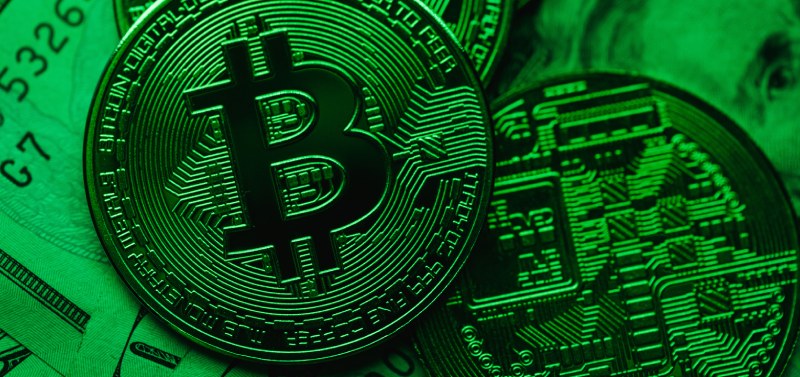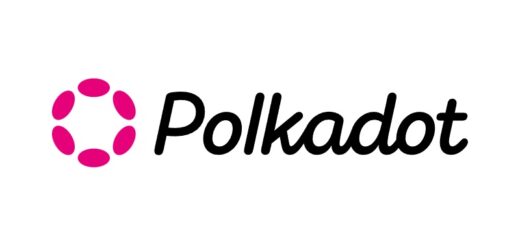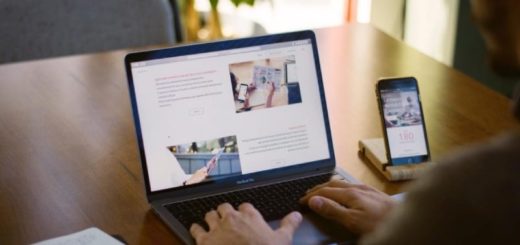Secure your bitcoins using these security practices!

If you plan to invest in bitcoin or hold bitcoin, you might be thinking about where you should store them or protect them. Surely, you’ll be using your hard-earned money to buy bitcoins and investing your resources and time into cryptocurrencies or digital assets. So, are you sure that your digital assets are secured properly? In reality, Bitcoin is a digital currency, and these aren’t stored anywhere like fiat currencies or precious metals like gold or silver.
As bitcoin is purely a digital asset, it cannot be stored in bank accounts or vaults or can be hiding under mattresses. In order to access your bitcoins, bitcoin addresses are required that can only be used using the digital keys. Now, we have understood that bitcoins can only be secured by securing the digital keys used to access, send and receive bitcoins. Let us move forward and get more info about securing your bitcoins by visiting mobilerdx.com.
Digital Keys
Every bitcoin wallet has three aspects: a bitcoin address, a public key, and a private key. Both public and private keys are digital keys, and the bitcoin address of the wallet can only be known or derived from public keys. Bitcoin addresses are the only thing that can be shared as it is more like an email address. Like to send an email, you’ll require the other person’s email address. No one can know about your wallet or take your bitcoins from you. You only need to share your bitcoin address which is used to send bitcoins to other users, and therefore bitcoin address is safe to be shared.
Talking about private keys is a secret key that enables users to send bitcoins to other users. It must be protected or secured using security measures to keep your bitcoins safe as it is a secret key. The one who has the private keys is known to be the owner of the bitcoin wallet. Even if someone has stolen your private keys, if the thief has your private keys, he/she’ll be considered the owner of the bitcoin owner. This is the reason why it is advised to secure your private keys using security methods.
To secure your private keys, you must encrypt your bitcoin wallet by securing bitcoins using a private password. This will add a security layer to your wallets and protect your computers or wallets from being hacked or attacked. In contrast, some wallets allow users to store their bitcoins and private keys in offline mode. The wallets that allow storing bitcoins offline hold the private keys of bitcoin wallets in disconnected databases, which prevents them from threats of cyberattackers.

What wallet to use and how to stay safe?
There is a wide range of bitcoin wallets, but wallets are mainly categorized into two different wallets: hot wallets and cold wallets. Both the hot and cold wallets have their specialization. Hot wallets are specially for spending, and cold wallets are for saving your crypto tokens. It is advised to always secure only a small to medium amount of bitcoins to your hot wallets, and these are best for daily users.
Hot wallets are secure and are considered the best and easily wallets for most people across the world. On the other hand, cold wallets are the best wallets because this store the wallets offline and are cost-effective. Cold wallets are safe wallets that provide many security features to store keys and bitcoins offline and protect bitcoins against malware attacks.
Bitcoin Security Tips
Here, we introduce some bitcoin security practices that can help secure the bitcoin wallets, keys, and crypto tokens.
- Never share your bitcoin wallet password, even with your closest friends or family.
- Avoid sharing the bitcoin recovery seed or backup passphrase with anyone.
- Keep your private keys secure, and never use these keys in front of anyone to protect them from unauthorized users and prying eyes.
- Always create a backup of your wallet to keep your wallet and bitcoins secure. This will protect your coins even if your wallet is lost.
- Use the security measures like face lock, two-factor authentication, digital signatures, and multi-feature authentication.
- Always keep the software of your computer updated and install anti-virus software.





